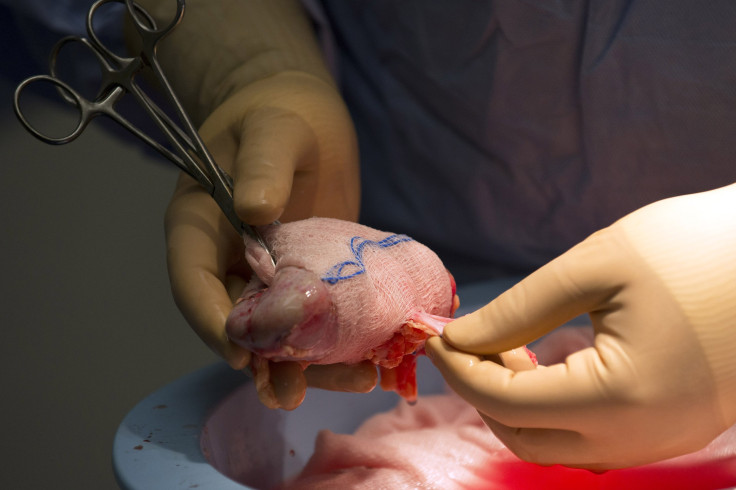Scientists develop new ‘surgically implantable, artificial kidney’ to end organ scarcity

Patients suffering from permanent kidney failure End Stage Renal Disease, or ESRD, could soon have another shot at life with the development of a new surgically implantable, artificial kidney. The new technology is designed to be an alternative to a kidney transplant or dialysis, and completely mimics the functions of a kidney inside the body.
The artificial kidney was developed with a silicon nanofilter that can remove salts, toxins, water and some small molecules from the blood. The silicon nanofilter works on blood pressure alone, without the aid of a pump or electrical power.
The device was inspired by the manufacturing methods for the production of semiconductor electronics and microelectromechanical systems. Researchers believe that the nanofilters could deliver more benefits such as more uniform pore size compared to filters being used in dialysis machines.
According to the American Kidney Fund, ESRD is the type of kidney failure that cannot be fixed by any procedure. In all cases, the condition tends to be permanent.
Researchers have already created a prototype of the artificial kidney and started conducting tests on the coffee cup-sized device. The device will be connected internally to the blood supply of the patients and to their bladder, and it would be implanted near the kidneys, which will not be removed.
"We aim to conduct clinical trials on an implantable, engineered organ in this decade, and we are coordinating our efforts with both the NIH and the U.S. Food and Drug Administration," Shuvo Roy, lead researcher and a bioengineer at the University of California, San Francisco, said in a press release.
The researchers aim for the device to be the permanent solution to the scarcity in organ transplantation and to treat the disease, according to William Fissell, a nephrologist at the Vanderbilt University and medical director for The Kidney Project. "We are increasing the options for people with chronic kidney disease who would otherwise be forced onto dialysis."
Scientists and engineers are currently working to make the implantable artificial kidney available to all the patients suffering from the chronic ESRD. The device was developed under the collaboration of researchers from UCSF and Vanderbilt University, and the research was recently presented at ASN Kidney Week 2015 in San Diego, CA.
Contact the writer at feedback@ibtimes.com.au or tell us what you think below




















